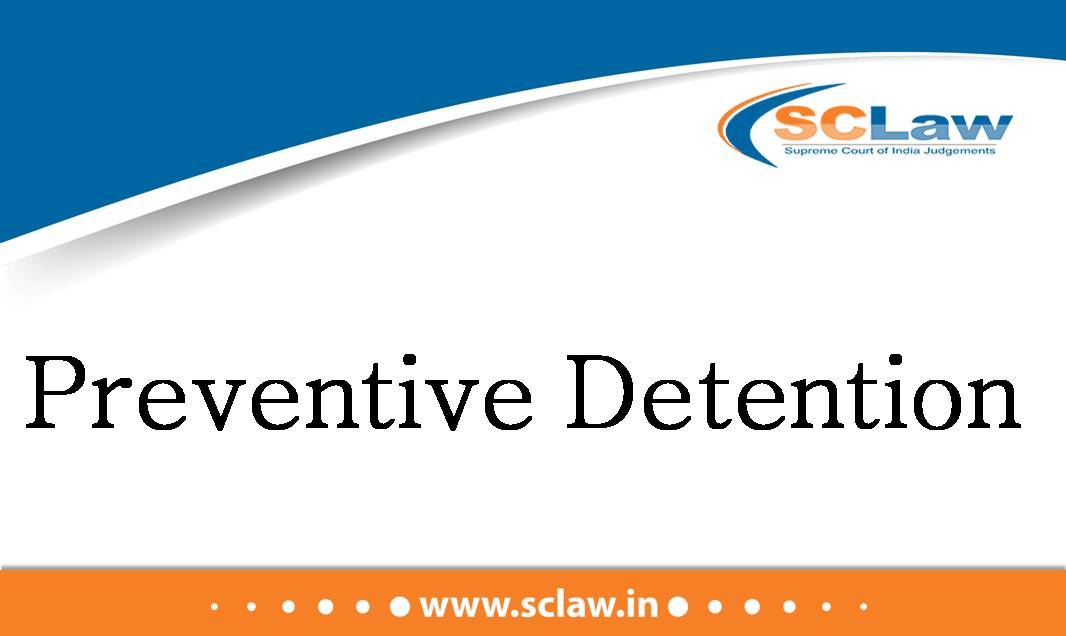Routine Explanation Not Enough For Condonation Of Delay: SC HELD”A reasonable and acceptable explanation is very much necessary.”
Routine Explanation Not Enough For Condonation Of Delay: SC LIVELAW NEWS NETWORK 22 Dec 2019 2:48 PM “A reasonable and acceptable explanation is very much necessary.” The Supreme Court has…








